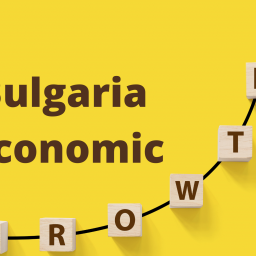
Bulgaria ranks 35th in the 2023 list of the wealthiest countries, with net financial assets per capita amounting to 16,410 euros. The Global Wealth Report, released by Allianz, highlights a notable increase in global financial assets of private households, which rose by 7.6%, offsetting a previous decline of 3.5%. The total financial assets worldwide reached 239 trillion euros by the end of the year.
The report indicates a normalization in bank deposits following the surge in savings during the pandemic. The fresh savings total declined by 19.3% to 3 trillion euros, largely due to a significant drop in bank deposits. Meanwhile, investments in securities surged by 10%, as many savers shifted their focus from stocks to bonds amid a changing interest rate environment.
Interest rate hikes have contributed to a global slowdown in private debt growth, which fell to 4.1%, the weakest increase in nine years. Global private household liabilities stood at 57 trillion euros at the end of 2023. This slowdown in debt growth occurred across various regions, particularly in Western Europe and North America, where debt growth dropped significantly.
In real terms, the situation appears less favorable, with financial assets decreasing by 2.6% when adjusted for inflation. However, compared to pre-pandemic levels, the purchasing power of financial assets has risen by 24.4%. Real estate values continued to show robust growth, increasing by 9.9%, despite the shifts in interest rates.
Notably, liabilities in Bulgaria surged by 13.6%, marking the highest growth since before the global financial crisis, resulting in an increased debt ratio of 28%. Despite this, net financial assets advanced by only 4.1%, leading to Bulgaria‘s drop to 35th place in the ranking of wealthiest countries.














